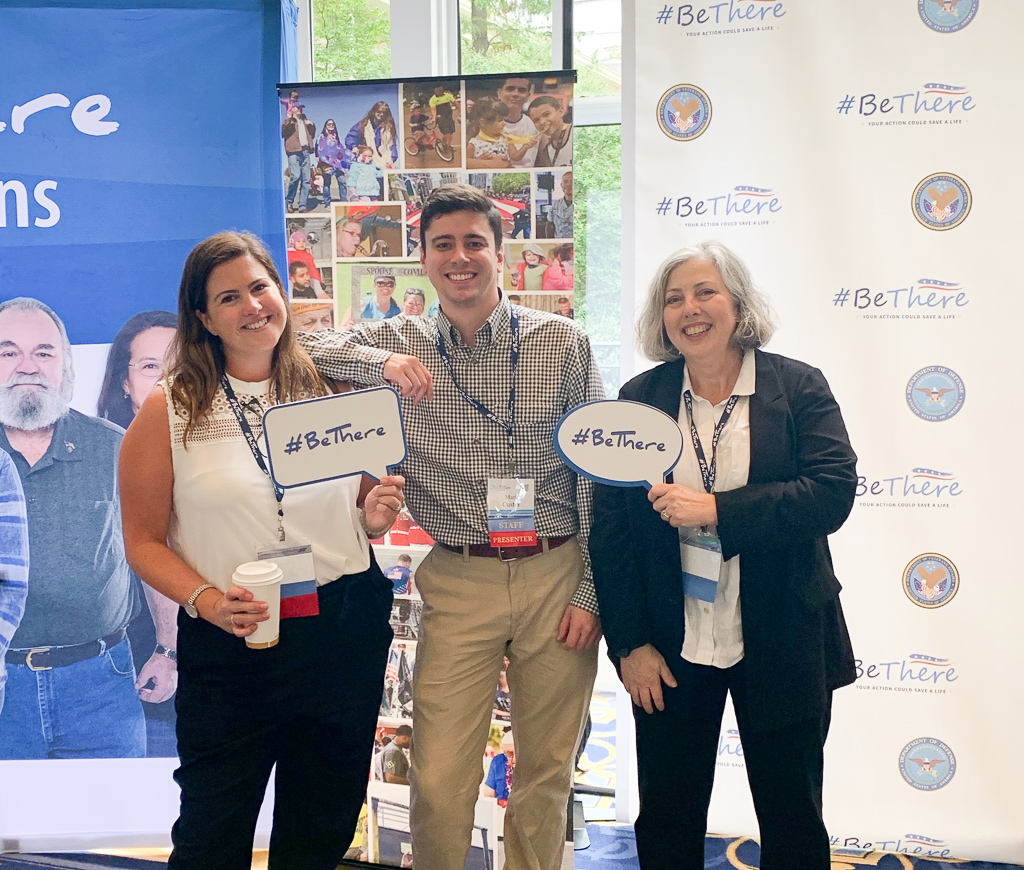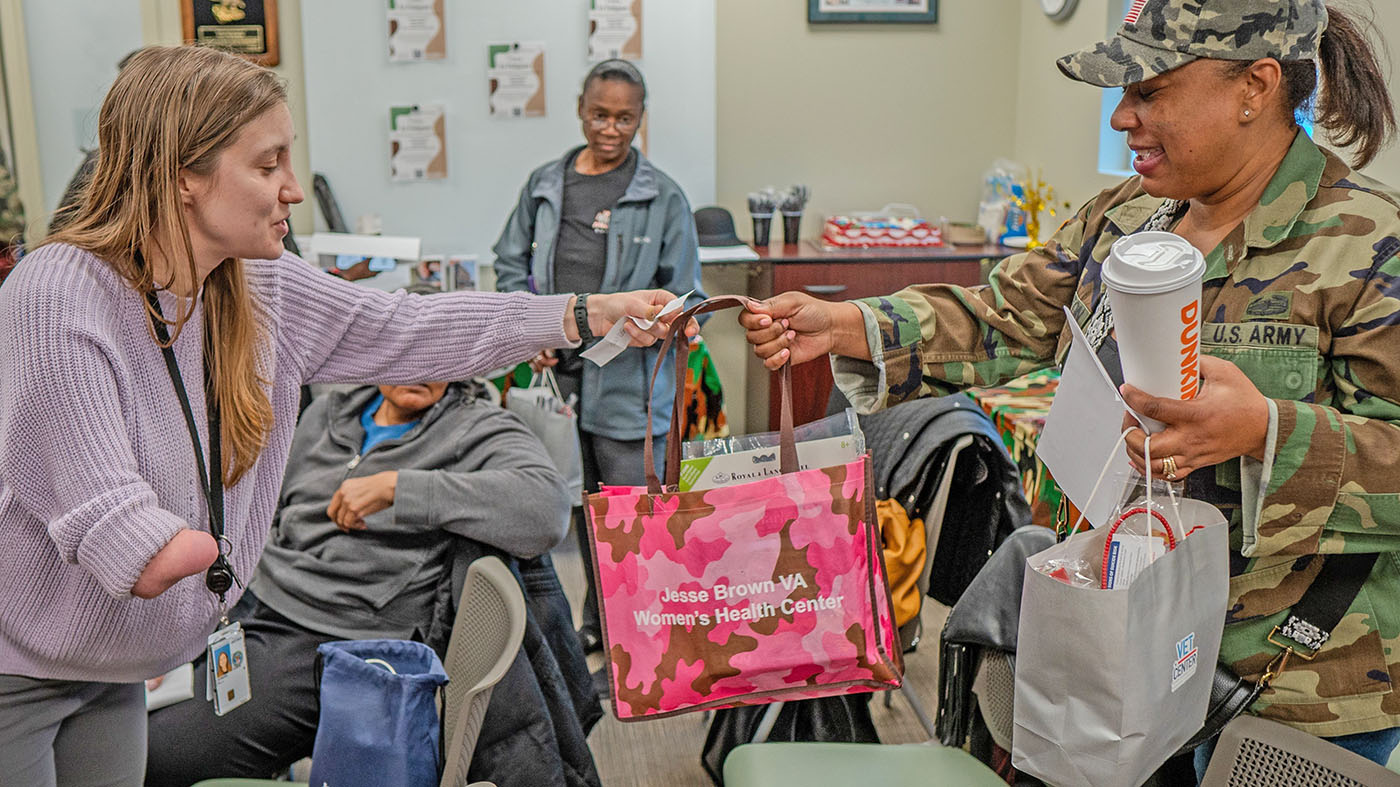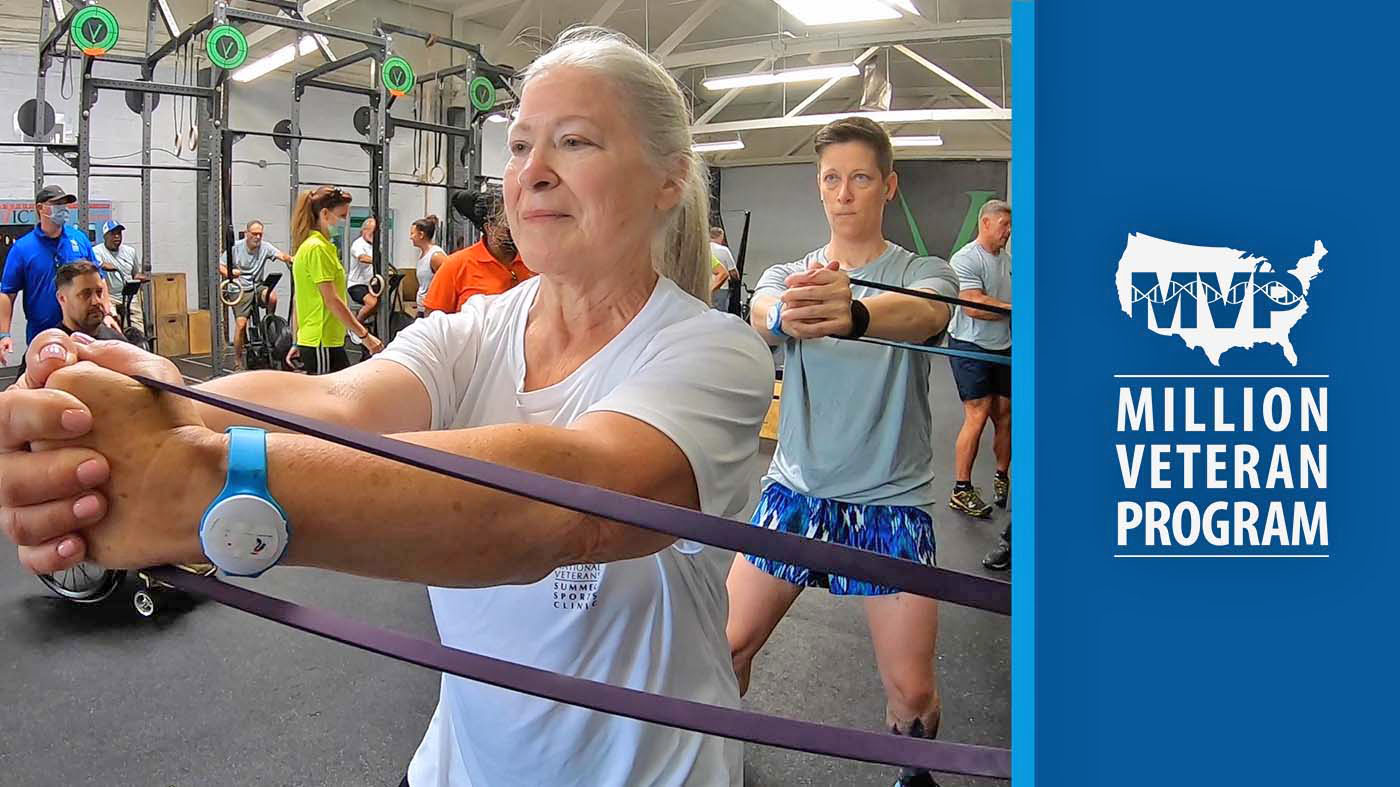VA, DoD and suicide prevention experts from around the country gathered this week to share research findings on the most effective suicide prevention strategies.
Participants at this year’s VA/DoD Suicide Prevention Conference believe their collaboration will produce tangible results. The conference’s new theme reflects this collaboration: “Many Roles. One Mission.”
“If we want to make the progress we’re passionate about, we must all work together,” said Dr. Matt Miller, the acting director of Suicide Prevention in VA’s Office of Mental Health and Suicide Prevention.
Coming together
The conference’s participants discussed the National Academy of Medicine’s framework approach to suicide prevention. VA and DoD use this framework. It recognizes that prevention strategies are most effective when matched to a Veteran’s unique risk level. Certainly, no one organization can prevent suicide. Rather, the public and private sector must come together at the national, state, and community levels to take action.
Though there are nearly 20 million Veterans in the United States, less than half receive care through VA. Part of VA’s comprehensive approach to suicide prevention focuses on reaching Veterans where they work, live, and thrive –- before they reach a crisis point.
“We know that when different community members and organizations join together, Veterans experience [the benefits of a] more supportive network with more protective factors,” said Aimee Johnson, a program coordinator for suicide prevention and licensed clinical social worker at VA’s Office of Mental Health and Suicide Prevention.
For more updates from this year’s VA/DoD Suicide Prevention Conference, follow @VeteransHealth on Twitter and Facebook.
If you or someone you know is having thoughts of suicide, contact the Veterans Crisis Line to receive free, confidential support and crisis intervention. The VCL is available 24 hours a day, 7 days a week, 365 days a year. Call 1-800-273-8255 and Press 1, text to 838255, or chat online at VeteransCrisisLine.net/Chat.
Reporters covering this issue can download VA’s Safe Messaging Best Practices fact sheet or visit www.ReportingOnSuicide.org for important guidance on how to communicate about suicide.
Topics in this story
More Stories
Navy Veteran and president of the American Medical Association got a colonoscopy and encourages other Veterans to do the same.
Chicago Vet Center and VA gave women Veterans information on VA services available to them.
MVP’s research informs personalized care for Veterans, supporting whole health and beyond.






